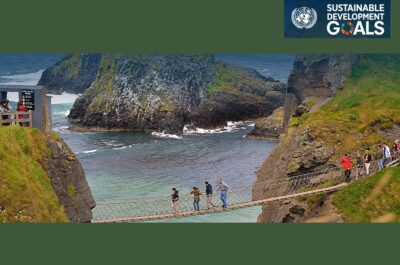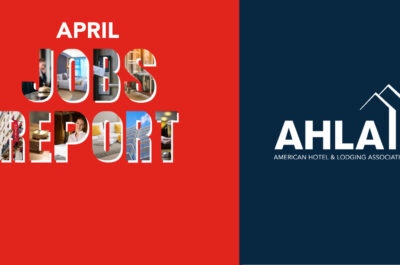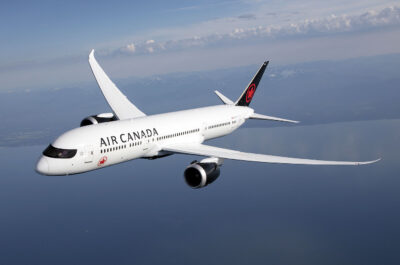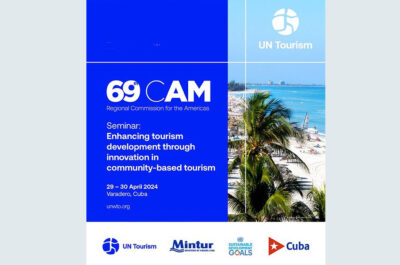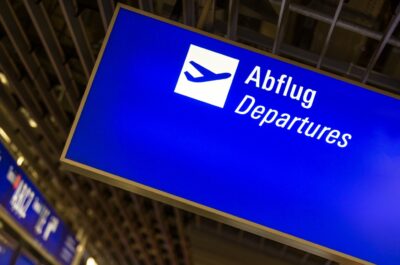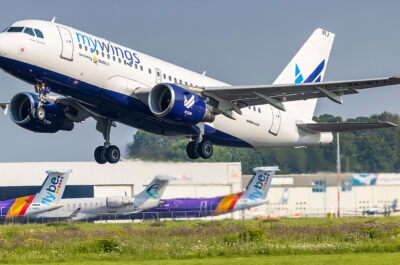…
Q: With the potential of war and the heightened terror alert across the country do you still expect to see an increase in domestic travel this year or will most Americans stay very close to home?
A: Leisure travel has been the relative star in the U.S. domestic travel constellation, although its luster has dulled in recent months. While domestic leisure travel increased about 1.6 percent in 2002, growth was much subdued in the waning months of the year, and seems to have weakened further so far this year. Leisure travel is likely to be depressed even more by a combination of factors. In the short-term, expect the added uncertainty about war in Iraq and the rising threat of retaliatory terrorism here at home, coupled with the downward spiral in consumer confidence, to further delay recovery of the travel industry and to put a damper on spring travel. Also expect many of the emerging patterns in leisure travel to continue and perhaps even intensify.
Q: Under the present difficult circumstances, do you still believe travellers from Canada, Mexico and Europe will continue to select U.S. destinations for travel?
A: The U.S. has long been a favored destination for overseas travelers. International inbound travel was slowly recovering from September 11, 2001 but we’ve seen signs of that recovery softening in recent months. A war with Iraq would absolutely be disastrous for international inbound tourism and for both domestic and international air travel, as travelers, both domestic and international, are somewhat reluctant to commit to long-haul travel right now. Many travelers, as with the industry, have a wait and see attitude at the moment.
Q: Since 1992 the U.S. has lost about 30% in market share and this trend looks like it will continue for some time yet. How do you see the next five years with regards to market share?
A: TIA is working hard with the industry in order to reverse the decline in market share, most notably through our worldwide SeeAmerica branding campaign marketing the U.S. as the premier destination for world travelers. In addition, TIA is delighted that the federal government has appropriated $50 million for international advertising and promotion of the United States. This one-time appropriation is an important first step in creating a much-needed multi-year, sustained and coordinated national campaign to reverse the 30 percent, 10-year decline in U.S. market share of world tourism. Travel and tourism is 6.0 percent of U.S. employment, yet it has suffered a staggering 29.7 percent of all job losses since September 11. Some 387,000 jobs in travel and tourism have been lost in just 18 months. This campaign is necessary to help lift the industry out of a hole and restore American jobs.
Q: What are you doing as an association to entice both domestic and foreign travelers to visit the U.S., and how successful do you expect these measures to be?
A: In May, TIA and the Federal Highway Administration will kick off their first major national campaign promoting America’s Scenic Byways. It will include a national travel supplement, online itineraries for people who want to travel the byways, a myriad of local promotional events the weekend of May 10th, a traveling byways photo exhibit, new byways maps and posters distributed to travel agents and much more. With American’s new found interest in road travel, this should be an exciting news story for this summer. The SeeAmerica marketing program is now in full swing. The Seeamerica.org web site is now in four languages, TIA has offices functioning in U.K., Japan and Brazil and SeeAmerica Week travel agent and media events are now taking place annually in all three markets. TIA has used some of the most innovative coop marketing programs to target overseas consumers. A commuter train ad buyout in Tokyo, creation of a totally new vacation product called SeeAmerica vacations in Brazil and the first ever SeeAmerica travel supplements in the U.K. SeeAmerica has now become the USA travel brand at trade shows like ITB, World Travel Market, JATA and several smaller travel trade shows. This is huge success story that talks about how the U.S. industry has banned together, without any direct government funding, to recover from terrorist attacks, brand our destination, reach millions of travelers at low cost and harness the resources of more than 400 industry partners to keep America as the premier destination of choice.
Q: What, if any, support do you expect from your government to help overcome the problems faced by the tourism and travel sector, for example do you expect substantial government funds for advertising and promotion, or maybe even some changes in the present status quo where the public sector will become more involved in TIA activities?
A: The SeeAmerica marketing program that was initiated by TIA to get more international travelers to visit the U.S. is, by all accounts, a major success. Now, just last month, inbound marketing got a huge boost when Congress approved $50 million to promote international travel to the U.S. This is, by far, the most money the federal government has spent on international tourism marketing and it could usher in a new era for SeeAmerica. That is because the industry agrees that the money should go toward a strategic branded campaign for the U.S. and SeeAmerica is the only national brand supported by the entire industry. TIA hopes this is just the first step in creating a multi-year, sustained national public/private campaign.
Q: Is it feasible to expect a quick rebound in travel once the crisis in Iraq is settled or do you feel the world economic slowdown and terrorism fears will keep travel demand low?
There will be an inevitable, short term and immediate impact, however, leisure travel will most likely rebound the fastest. Leisure travelers will probably keep some of the same travel patterns that have emerged in the past 18 months… shorter trips (both distance and duration), more driving trips, higher interest in rural destinations, camping, outdoor activities and less spending.
Q: What will happen to your country’s economy if there is not a fairly quick recovery in the tourism and travel sector? Are the main players in the sector — travel agents, hoteliers, rental agencies, airlines, etc. — ready for those possible effects?
The industry is bracing for war and the inevitable immediate impact that will be felt if we go to war with Iraq and if the economy doesn’t recover. Air travel, international inbound travel and business travel will be hit the hardest. However, there have been some signs from tour operators that bookings for summer and fall are fairly strong, an indication that most Americans think the war will be short-lived.







